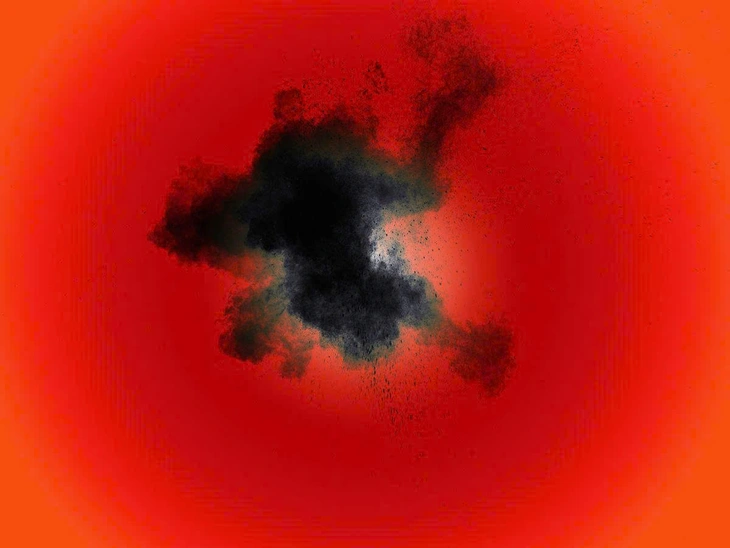
A microscopic organism has the potential to upset the way we understand the boundary between life and non-life - Photo: Jose A. Bernat Bacete
In a new study published on bioRxiv, a team of scientists led by Dr. Ryo Harada (Dalhousie University, Canada) accidentally discovered a strange creature while analyzing the DNA of marine plankton.
The new organism was named Sukunaarchaeum mirabile , after a tiny deity in Japanese culture, reflecting its remarkable feature: possessing one of the smallest genomes ever recorded in the biological world , at just 238,000 base pairs.
Between living and not living
Viruses are usually excluded from the “tree of life” because they cannot perform basic life functions such as protein synthesis on their own and rely on host cells. However, Sukunaarchaeum makes this boundary more blurred than ever.
Although it also depends on its host for energy and nutrients, the organism possesses a unique ability that viruses do not have: it builds its own ribosomes and synthesizes mRNA, essential elements that help transcribe genes into proteins.
In other words, it is not quite a virus but not yet a complete living cell, a "suspended" state that makes scientists ask the question: what is life?
The Sukunaarchaeum genome has been described as “extremely minimalist,” lacking the usual metabolic cycles, focusing almost entirely on DNA replication, transcription, and translation, the three core pillars for survival.
“This organism carries virtually no genes beyond those needed for its own gene replication and expression machinery,” the team wrote.
This shows that Sukunaarchaeum lives entirely off host cells, cannot synthesize nutrients or produce energy, but has its own "toolkit" to maintain its reproductive capacity.
Accidental discoveries can change evolutionary history
Initially, Dr. Harada's team was simply looking at the DNA of a species of marine plankton. However, during the analysis, they discovered a segment of genetic material that did not match any known organism.
After classification and comparison, they found that this organism belongs to the Archaea group, a group of ancient microorganisms, believed to be the ancestors of modern eukaryotic cells.
If this discovery is widely confirmed, Sukunaarchaeum could become a living demonstration of the transitional stage between inorganic matter and fully living cells, from "non-living" to "living".
The discovery of Sukunaarchaeum mirabile has reignited the age-old debate: "Where did life begin?".
With its characteristic of both having and not having typical life characteristics, this organism not only complicates biological classification but also lays the foundation for a rethinking of the entire concept of life in modern biology.
As the team concludes: "Nature does not obey the boundaries set by humans. Perhaps it is time for science to learn to adapt too."
Source: https://tuoitre.vn/phat-hien-sinh-vat-moi-co-the-lam-thay-doi-dinh-nghia-ve-su-song-20250702095350914.htm


![[Photo] Keep your warehouse safe in all situations](https://vphoto.vietnam.vn/thumb/1200x675/vietnam/resource/IMAGE/2025/10/1/3eb4eceafe68497989865e7faa4e4d0e)


![[Photo] President of the Cuban National Assembly visits President Ho Chi Minh's Mausoleum](https://vphoto.vietnam.vn/thumb/1200x675/vietnam/resource/IMAGE/2025/10/1/39f1142310fc4dae9e3de4fcc9ac2ed0)

![[Photo] Hanoi morning of October 1: Prolonged flooding, people wade to work](https://vphoto.vietnam.vn/thumb/1200x675/vietnam/resource/IMAGE/2025/10/1/189be28938e3493fa26b2938efa2059e)
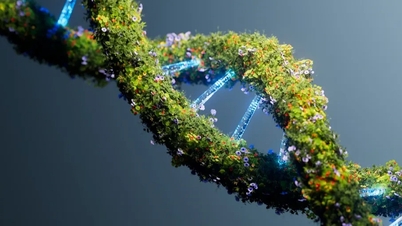

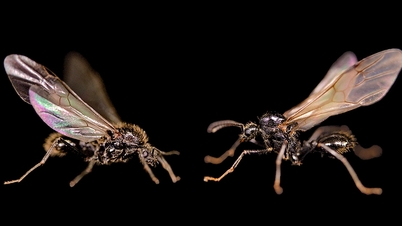


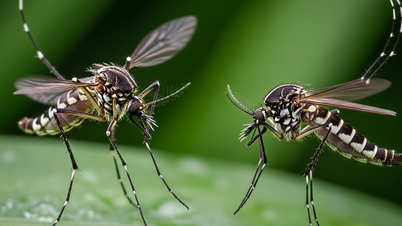

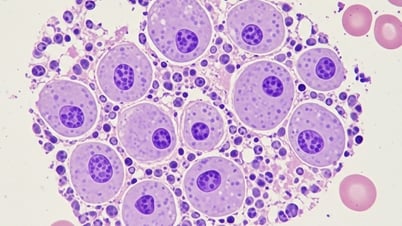






![[INFOGRAPHIC] DJI Osmo Nano Action camera, super compact, 4K 120fps recording](https://vphoto.vietnam.vn/thumb/402x226/vietnam/resource/IMAGE/2025/10/1/8408489112ee446dab897373255c827e)









































































Comment (0)